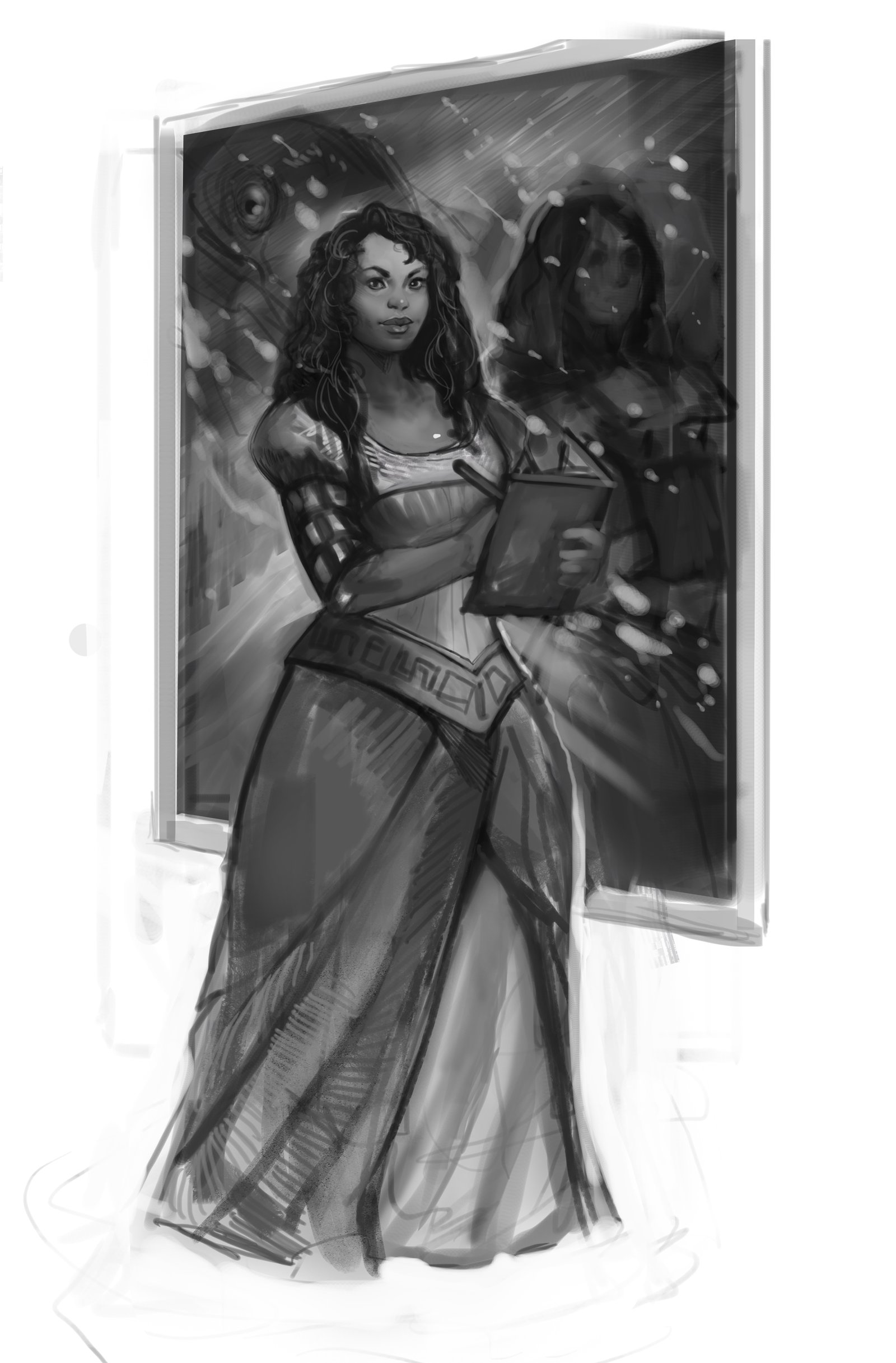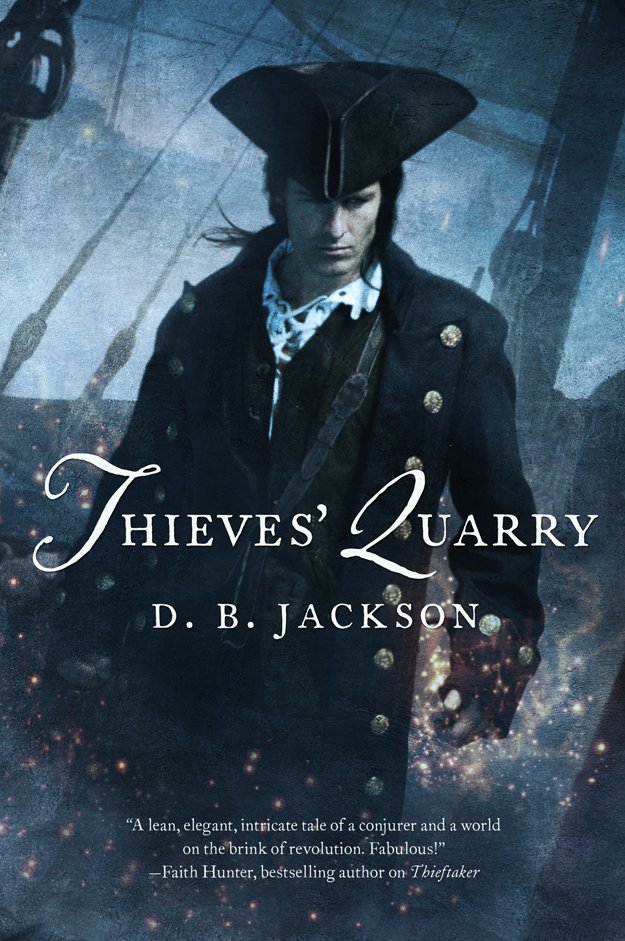Many months ago on Twitter I asked people what world building questions they had that they would like me to answer. Several of the questions seemed to me to fall into a set that was more about the mechanics of how to organize and approach world building and less about specific world building choices.
How early in the story do you need to know the world? Before you start, or as you get to pieces you need? (Colleen W)
I am curious about the level of detail to start out with vs. what is filled in later? (Stephen M)
Your fave method top>down vs. bottom>up. How detailed is enough? (Sunny K)
Is world building an inductive or deductive process? (Paul W)
Any ideas about developing a society and culture & keeping track of it as it evolves. (Christine F)
In many ways I am not an orderly world builder. I do not sit down and fill out notebooks of material before I start writing. I do not build my world first and then put a story in it. At the same time, I do not wing it from the start, writing into the unknown and making things up as I go along and as they seem necessary or appropriate.
I have no objection to either of these ways of doing things for the same reason that I believe every writer has to figure out her own process. Other writers have other ways of working.
I do not believe in or promulgate “one true path.” I talk about my process because it is what I know. You have to figure out what works for you.
How do I world build? Where do I start?
For me, the world and the story develop together.
Generally (and with some exceptions), my process works like this.
I get an almost filmic image of a character, in a scene, and the character is doing something, interacting with someone or something; but regardless the scene itself has a focus around that character.
In Crown of Stars, that initial image became the scene where Alain walks across the ridge as a storm comes in off the sea bearing with it a woman in armor, whom he meets. In Spiritwalker, the initial image was a young woman seated beside her cousin and looking out through a paned glass window as a carriage arrives outside.
The initial image/scene gives me some information about the world. Crown of Stars had landscape with the feel of medieval Europe. By the evidence of the type of window and the carriage, Spiritwalker wanted to be set in an equivalent of the 18th or 19th century.
At this point I will usually write an initial version of the scene. This first and rawest draft will never be published anywhere or seen by anyone except me. I may push a little past that scene into writing bits and pieces of other scenes or I might write notes or sketches of what could happen next.
As I do this I am continually making decisions about small details. These details start creating the bare-bones framework that the world will ultimately be built on because details tell you a great deal about the social and physical landscape.
For instance, if I introduce a character as a girl who is selling fruit in the marketplace, that means she lives in a culture where girls and women can sell goods in the market and in fact it may be both common and accepted for them to do so; that tells you something about Mai’s home town in the Crossroads Trilogy.
A boy (Alain) dreams of going to war as a soldier, an enterprise he believes to be glorious and noble and good, but he is also sure that because of his humble birth and isolated village he is fated for a more mundane life (Crown of Stars). The details of his daily life and his dreams set the stage for what follows both in his choices and in the sort of world he lives in and what its cultural markers are.
Small details that slowly accrete as I write and thereby become woven into a larger whole are only one aspect of how I build up a world.
There comes a point where I have to stop writing snippets and scenes, where I have to stop focusing on details and step back to consider the big picture, the overarching geographical and cultural elements. Some of these big picture issues I may have considered in advance and simply not referenced yet.
For example with Crossroads I had a map very early on while with the Spiritwalker books I knew that the ocean would be lower (and thus the continents and islands larger) but I did not, for example, draw the map for the Americas until I started working on book two (Cold Fire) when I needed it.
Sometimes an entire element of culture, landscape, technology, or what have you simply may not be important enough at that point that I need to delve into it (it is also confusing to reference landscapes, cultures, and details that don’t pertain to the immediate plot). When it becomes important, then I stop to think it through because now it matters within the plot and informs the forward momentum of the story.
Additionally, if I have to do a huge amount of research I find I have to pace myself; I can’t do it all at once nor can I intellectually absorb several different strands of research at the same time. So for example in Spiritwalker I concentrated in book one on the Mali/Mande, Celtic, Phoenician, and Roman elements (a truly vast amount of material to become even marginally familiar with) and left the situation the Americas fairly vague (using Cat’s relative ignorance of the Americas as my cover), and then delved more deeply into the setting of the Americas once the narrative moved to the Antilles.
In general I prefer to know as much as possible about background and landscape as I write, but there are times (as above) when I literally cannot take in that much information all at once so I focus on one element or region of landscape and culture knowing that I’m going to get to another one later.
Other times it is preferable for me to wait because unexpected ideas or synchronicities can emerge as I work. In fact, some of the best twists evolve organically out of an evolving landscape that would and could not have shown up if I had sat down beforehand and worked it all out before I had started writing the story and living in the world through the characters.
I have learned to be patient, that it is sometimes important to sit back and not over-prepare, to let things come to me out of the aether. It is always amazing to stumble across exactly the thing I need, in the strangest place, the last place I would think to be looking. This process of suddenly finding a piece of information that illuminates a plot complication or a character or cultural question in just exactly the right way to complement the story happens again and again. I don’t know how to explain it.
Yet I do also do a great deal of targeted research and landscape creation to order to build up as grounded a reality as I can manage.
SO: I build a basic scaffolding (the big picture) and enough details to give me a fundamental sense of place. From that point forward big and small develop in tandom. The map reveals the territory. Details limn the culture.
For the Crossroads trilogy I put together several 3-ring binders with lists and lists of details, things like a list of the names of plants and foods, information on the gods and the cosmology, and even a cost of living table (so useful!). [A wiki would serve the same purpose.] By having them available for easy reference, it is easy to make things consistent and to build on what has come before.
As well, these details really do illuminate the larger culture in a way a long chronology of the land’s history would not (although I usually have a version of that, too). I find that material culture and the religious, cosmological, and artistic sensibilities of a place are crucial to the way I write. I want to know how they grow food and how exchange works in the culture, not just a list of kings or wars.
Characters have an identity that has to do with who they are, where they live, and who their ancestors are/background is. People do not live in a vacuum; they are influenced by their surrounding culture(s) and by their interactions, by their upbringings and their assumptions and elements such as their basic material well being and their understanding of how society and the people around them view them and what their space may be or should be in society.
My goal is always to create an architecture of a world that has both the frame and the ornament, if you will. I have to have a sense of what I want to build before I can truly start but I also have to leave myself open to the unexpected discovery. For me, the heart of world-building lies in that balance.


